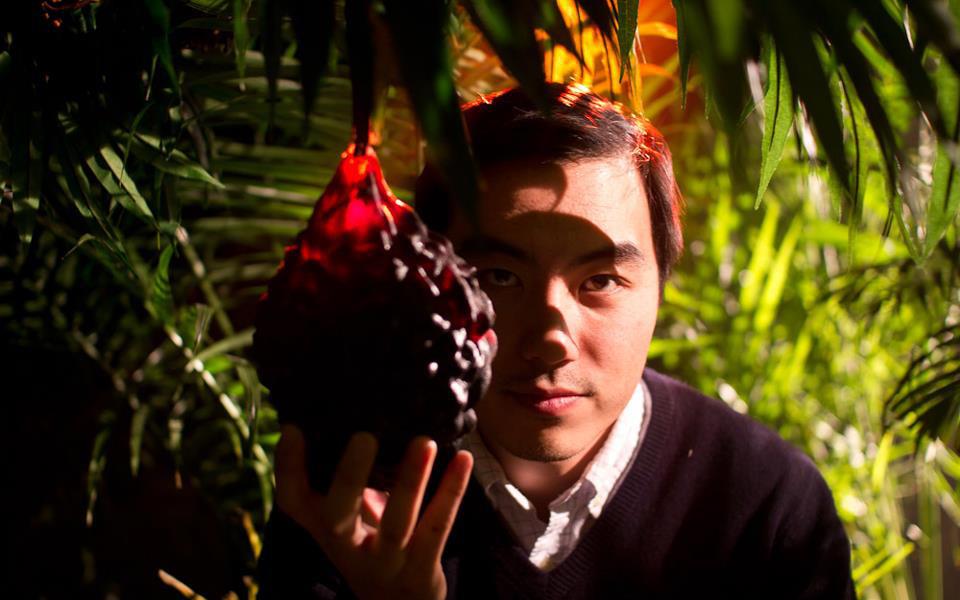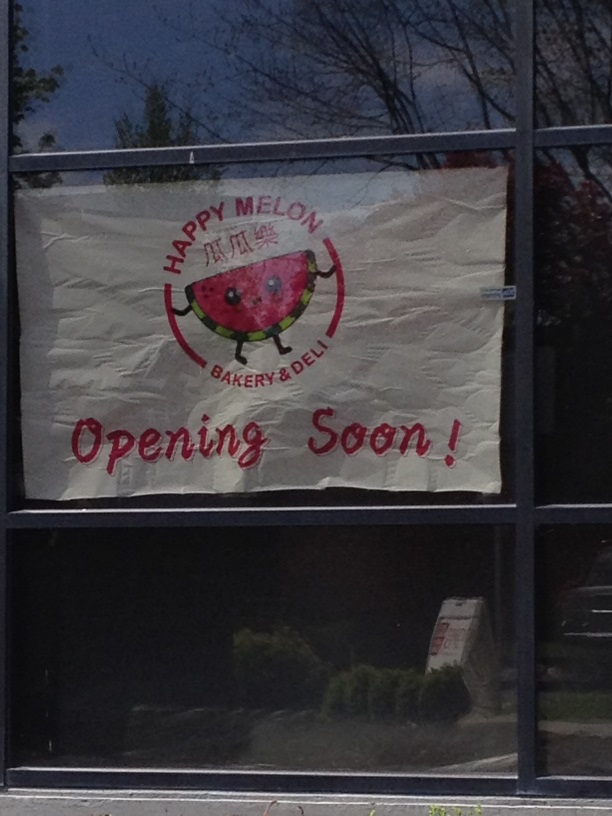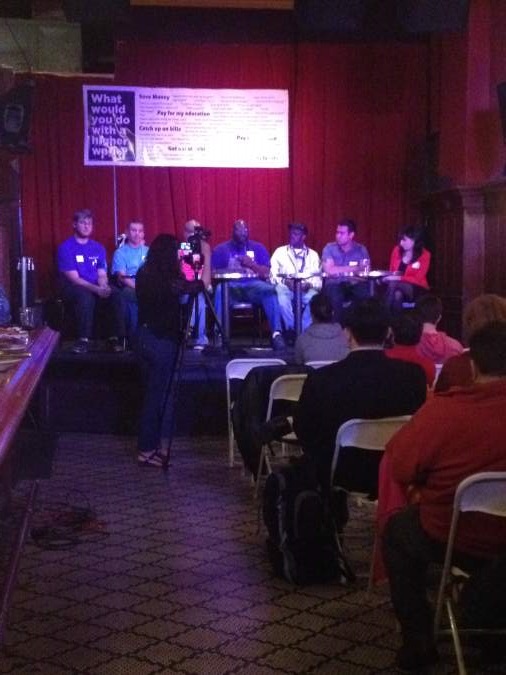Since the start of the year, Seattle restaurants have organized a pair of benefits for uninsured employees stricken by serious health issues, following in the footsteps of MurrayAid, which has thus far raised $212,000 for legendary local barman Murray Stenson’s pulmonary care. Yet despite patrons’ generosity, fundraising hasn’t been a permanent endeavor for Seattle’s eating-and-drinking houses.The cafe at FareStart, the culinary job training and placement program for homeless and disadvantaged men and women, is the closest thing in Seattle to a charitable restaurant, a concept that’s rapidly gaining traction across the country. But, unlike FareStart, the new crop of charitable restaurants functions exactly like standard restaurants, except that their proceeds are divvied up among community organizations.”Cause doesn’t shout to make itself heard,” The Washington Post’s Tom Sietsema wrote in his recent review of D.C.’s 3-month-old “philanthropub.” “The only pitch you get from your server is for a drink or some food, and it might not be until the end of a meal that you realize all your chewing and sipping are for good causes.”At Cause, diners are asked to check off their choice of four charities when they pay their bills. After the restaurant pays its expenses and salaries, all profits are donated in proportions dictated by customer vote. Although Sietsema, who awarded Cause two stars and plenty of chicken-wing praise, says it’s too soon to know how much money the restaurant will raise, its founders are aiming for $80,000 to $100,000 in the first 12 months.In Houston, meanwhile, the Organized Kollaborative on Restaurant Affairs (OKRA), an alliance of community-minded restaurant owners, last year opened its Charity Saloon, which directs 100 percent of its profits to charity. Here, guests receive one voting token with each drink, and the charity which receives the most votes at the end of the month is the beneficiary of the bar’s donation. The White House in Austin, a collection of food trucks assembled around a dive bar, uses a similar system to determine the recipients of its funds.”I believe, or want to believe, that there are some great intentions here,” says restaurateur John Howie when asked whether a charitable restaurant could fly in Seattle. Howie is deeply involved in a number of philanthropic causes, including a Thanksgiving dinner for the needy at which he feeds 500 people, an annual event since 2003; the recent second annual Stone Soup for Kick Hunger Chowder Challenge; and a cocktail benefit for breast cancer in October.Yet Howie’s skeptical of the business models behind charitable restaurants, wondering how they’d respond to a drop-off in customer traffic. “My biggest question is: ‘Is this a sustainable concept over the long haul?’,” he wonders aloud.Pointing out that he and Tom Douglas have long supported charitable organizations without attaching the “charitable” label to any of their restaurants, Howie suggests that restaurant owners are better positioned to serve their communities when they’re not locked into a donation structure. “Then again, maybe bringing it out into the open, as these restaurants are doing, will empower more people to do more,” he adds. “We can only hope.”With our community being as progressive and as philanthropic as it is, I would suspect that you may see something like this in Seattle in the near future,” Howie continues. “Again, though I question the sustainability of these concepts, I don’t see any harm in them.”hraskin@seattleweekly.com
Since the start of the year, Seattle restaurants have organized a pair








